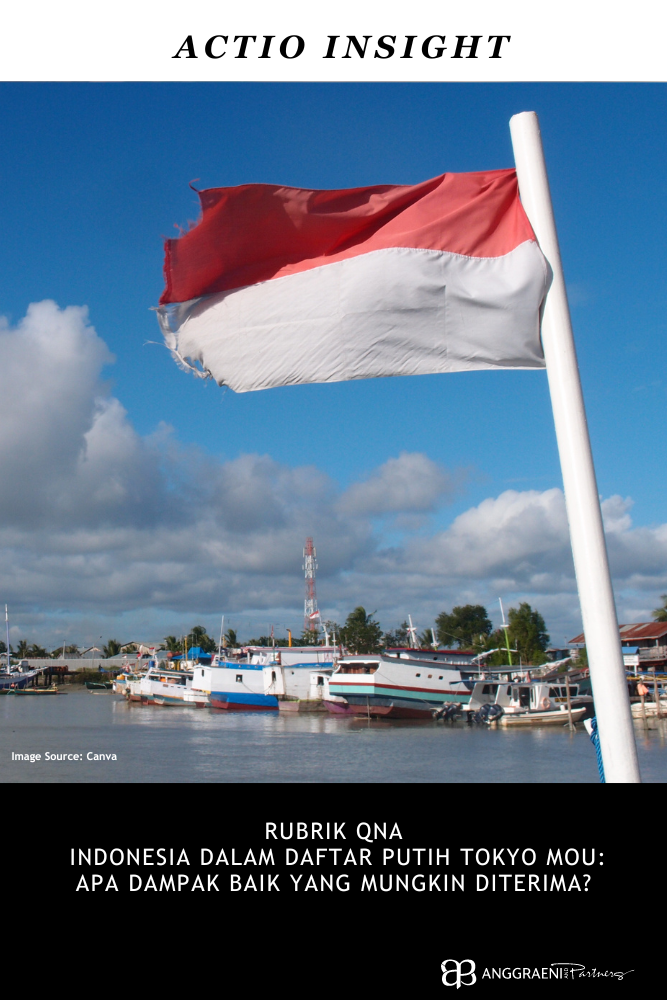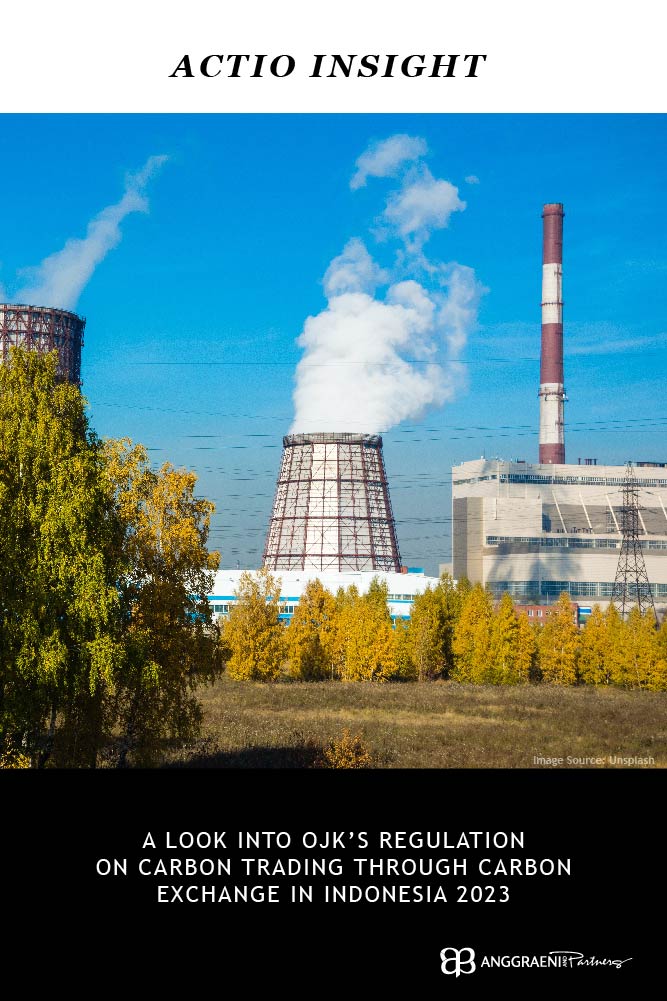IMPLEMENTATION OF UNEA DRAFT RESOLUTION TO SUPPORT PROGRAM ON THE REDUCTION OF PLASTIC POLLUTION IN INDONESIA
T he United Nations Environment Assembly (UNEA) is the world’s highest-level decisionmaking body on the environment.
UNEA consist of 193 UN Member States, including Indonesia and the full involvement of major groups and stakeholders.
The establishment of the Assembly resulted from many years of international efforts – initiated at the UN Conference on the Human Environment in Stockholm in 1972, aiming to create an effective system of international environmental governance.
UNEA sets priorities for global environmental policies and develops international environmental law. However, resolutions adopted at UNEA may not be legally binding, but these resolutions represent the current collective thinking on prevailing ecological issues.
On March 2, 2022, the UNEA voted to formulate an international legally binding instrument by 2024 to end plastic pollution. On that same day, the UNEA passed a draft resolution titled “End plastic pollution: Towards an international legally binding instrument” in hopes that the initiative will significantly address the global plastic pollution problem and reaffirm the urgency to strengthen global coordination, cooperation, and governance.
This aspiration is that stakeholders will take immediate action for long-term elimination of plastic pollution on land, in marine and other environments which will not hinder human activities and to prevent any further destruction upon the ecosystem.
The UNEA Draft Resolution proposed various approaches, including mitigation of further plastic pollution, such as alternatives to the complete life cycle of plastics and the design of reusable and recyclable products and materials. In addition, the Plastic Treaty will also promote mechanisms that provide scientific information relevant to the
resolution’s policies and will provide a financial support mechanism to encourage its implementation.
Under the UNEA Draft Resolution on “End plastic pollution: Towards an international legally binding instrument”, international action that was needed was described such that further measures are necessary to develop an internationally legally binding instrument on plastic pollution.
This would include the need to recognise financial and technical assistance, specification of objectives of the provision, and many more relevancies that were mentioned in the Draft Resolution. It also includes promotion of sustainable production and consumption of plastics.
The UNEA Draft Resolution calls for all Member States to continue and step-up activities and adopt voluntary measures to combat plastic pollution, including sustainable consumption and production measures.
The Draft invites the participation of Stakeholders and private sectors to promote cooperation at the global, regional, national, and local levels in handling plastic pollution. Meanwhile, Indonesia has taken several actions to reduce plastic pollution, among other (i) Indonesia’s Plan of Action on Marine Plastic Debris 2017-2025, and (ii) Presidential Regulation Number 83 of 2018 on Sea Waste Management.
Indonesia’s Plan of Action on Marine Plastic Debris 2017-2025
In 2017, the Ministry of Coordinating Ministry for Maritime and Investment Affairs drafted a national plan of action to combat marine plastic debris, which aimed to reduce plastic waste by up to 70% (seventy per cent) by 2025. The Plan was named “Indonesia’s Plan of Action on Marine Plastic Debris 2017-2025”.
The document outlines 3 (three) significant aspects which Indonesia will have to implement and promote in handling the marine plastic debris:
a. Coordination between institutions responsible for waste management which involves the strengthening of regulation and human resources in various sectors and institutions;
b. Application of technology to control plastic debris, including the application of sciencebased management; and
c. The significant importance of societal efforts to reduce, recycle and reuse plastic debris to be promoted from an early age.
The national plan rests on five main pillars: improving behavioural change, reducing land-based leakage, reducing sea-based leakage, reducing plastics production and use, and enhancing funding mechanisms, policy reform and law enforcement.
The National Waste Management Information System or Sistem Informasi Pengelolaan Sampah Nasional (“SIPSN”) has recorded the amount of waste composition based on the types of waste, one of them is plastic, from 2018 – 2021. In 2018 the design was only categorised into 4: plastic, cartons, leftover foods, and others. In 2019, the waste composition was further categorised, and the overall percentage of plastic waste increased by 1.89% up to 2021.
Presidential Regulation Number 83 of 2018 on Sea Waste Management
In 2018, Indonesia’s President, Joko Widodo, issued Presidential Regulation Number 83 of 2018 on Sea Waste Management to maintain the cleanliness of Indonesia’s sea.
In the regulation, a National Coordinating Team comprised the Ministry of Maritime Sector as the Head, Ministry of Forestry and Environment as the Head of Daily Activity (Ketua Harian) and other ministries as members.
The Regulation set up various strategies to enact sea waste management, amongst others stated under Article 4 are:
- promoting awareness of stakeholders;
- the management of waste which originated from the land;
- . producing countermeasures for waste on the coast and in the sea;
- . Funding Mechanisms, Institutional strengthening, supervising and law enforcement;
- Research and Development.
The regulation acts as a guide for all relevant institutions to promote and maintain the activities to further enhance the Sea’s quality and cleanliness through the strategies mentioned above. Each strategy is further explained in the law attachment and are incorporated into events throughout the years 2018 – 2025 to achieve 70% free of ocean waste.
According to the SIPSN’s data, the total waste generated from 2018 to 2019 increased from 54,830.04 to 29,173,361.42. However, the only data that was recorded in 2018 was from West Papua, and in 2019 the data was distributed across a vast region of Indonesia, totaling an amount of Plastic waste at 15.93% or 4,647,316.47.
There was an overall increase in waste generation per ton in 2019. Finally, despite all the effort that Indonesia has put
into the management of plastic debris, there are still various challenges that await.
One important concern is that the strategies and programs are not delivered well throughout the years. In this regard, Indonesia may voluntarily adopt methods in the UNEA Resolution, as an alternative, to support the
program on the reduction of plastic pollution as reflected under Indonesia’s Plan of Action on Marine Plastic Debris 2017-2025 and Presidential Regulation Number 83 of 2018 on Sea Waste Management. (JXR/ SCN)


